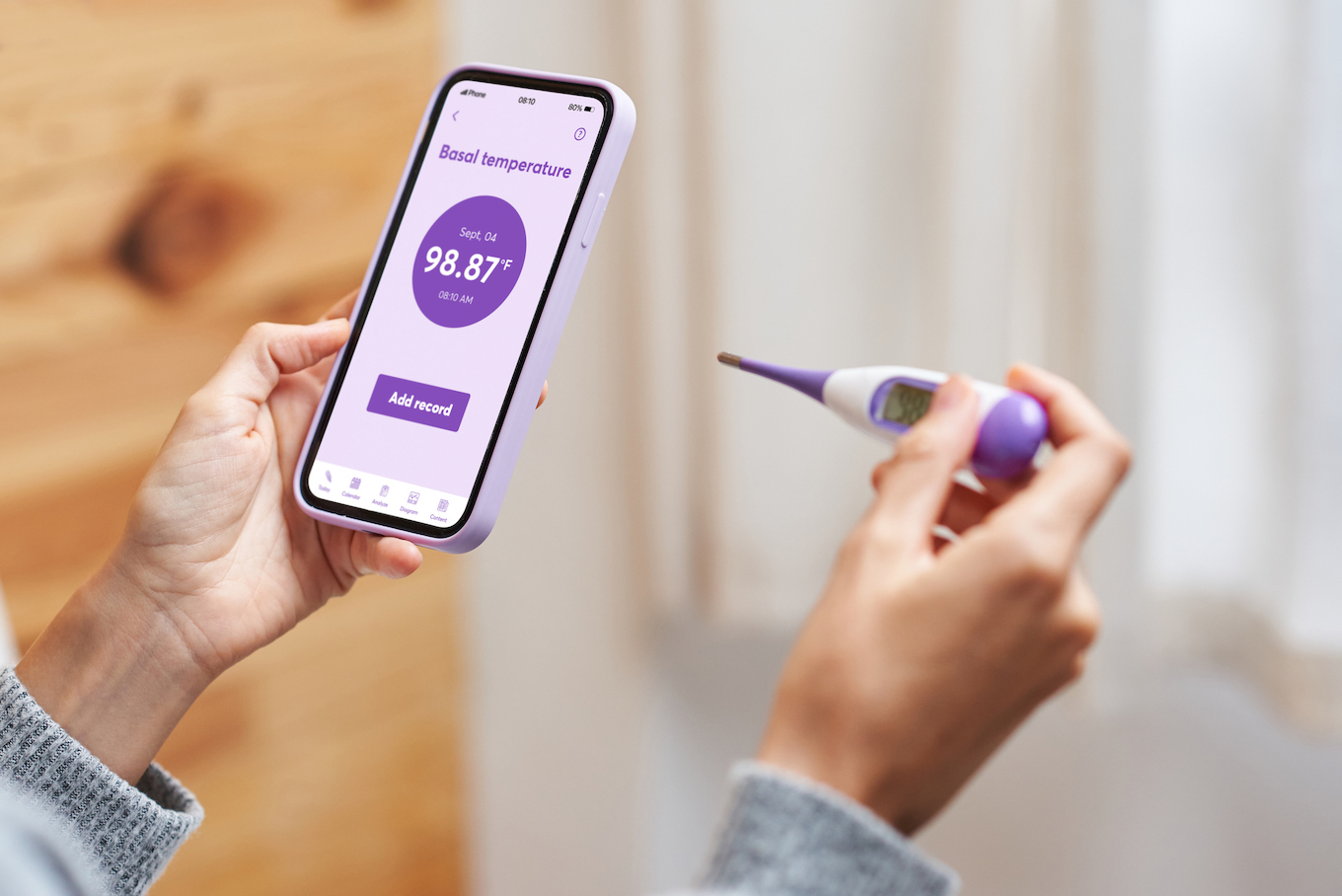
Dealing with infertility can feel very isolating, but it doesn’t have to be. Although it’s a personal journey for a hopeful parent or couple, it could be worth looking into public resources and support that exist to aid people in growing their families. Infertility Awareness Week was April 21 to April 27 this year, and the movement aims to give people experiencing infertility a voice and place to find support and community. But the awareness doesn’t have to only last a week. There are resources available all year to help those in need.
The great thing about the internet is that it allows us to connect in ways we never could before. People experiencing fertility issues can connect across state — or even country — borders, and help can be sought virtually or in-person. There are resources to help people fund fertility treatments, find support groups, seek counseling, and so much more. We’ve collected some of the most helpful organizations, communities, and tips available to anyone who may be trying to grow a family but who needs a little help getting there.
Family Building Options

Dealing with infertility can feel overwhelming. Fortunately RESOLVE: The National Infertility Association has an entire webpage dedicated to learning which options are available. Whether a couple wants to explore something like IVF, surrogacy, adoption, or another route to grow their family, RESOLVE has resources and information on all possible pathways. It’s a great place to start.
Find a Clinic

For anyone interested in exploring assisted reproductive technology such as IVF, the Centers for Disease Control and Prevention has a clinic locator. Simply type in the state and ZIP code to find the nearest one. The CDC also tracks the success rate data for individual clinics, so hopeful parents can research which one may be best for them.
IVF Success Estimator

Another tool provided by the CDC is its IVF Success Estimator. Although it’s not a substitute for a doctor’s opinion and accurate medical tests, it can be a first step in determining whether IVF is a path someone wants to explore. It takes information such as age, weight, height, and potential infertility factors to determine if IVF could be a good fit.
More from CafeMom: What Women Who’ve Been Through Infertility Wish Everyone Knew
Mental Health Counseling

Trying to conceive can be emotionally challenging. It’s important to take care of our mental health during infertility journeys. That’s why finding a counselor who is experienced in these particular issues can be especially helpful. The American Society for Reproductive Medicine has a page on its website to help determine if counseling is the right choice. It also features links to organizations that can offer support. Psychology Today also has an infertility therapist locator.
Infertility Support Hotline

For those who need more hands-on guidance as to what resources and support are available, RESOLVE has a hotline available at 866.NOT.ALONE (866.668.2566). Trained volunteers with infertility experience will direct callers to available resources. Please note that it’s a voicemail system, so calls aren’t answered right away — but someone from their team will get respond within one to three days.
Finding a Support Group

If in-person support seems more helpful, RESOLVE has a list of local support groups that can be filtered not only by region but also by topic. There are groups focused on male infertility, endometriosis, secondary infertility, surrogacy, and more.
Online Communities

If it’s hard to find an in-person group or that just doesn’t sound appealing, online communities can provide comfort. RESOLVE has three online groups to choose from: Finding a Resolution for Infertility, Living After Infertility Resolution, and Living with Childlessness Due to Infertility. The organization offers something for any stage of an infertility journey.
Support for Black Women

According to the American Psychological Association, Black women search for fertility treatment less often or take longer to seek treatment than white women. But there is support for Black women hoping to become mothers. One such organization dedicated to this is Fertility for Colored Girls. It offers resources for funding fertility treatment, finding the right reproductive specialist, and more.
LGBTQ+ Support

Family Equality is dedicated to helping those in the LGBTQ+ community find the best path to parenthood for them. One key resource the organization offers is a directory of providers who are LGTBQ+ friendly. Finding someone through that list allows for a safe and affirming experience for those trying to build their families.
Financial Grants

Many fertility treatment options are very expensive, and not all of them are covered by insurance. But there are several organizations that offer scholarships and grants to help cover these costs. RESOLVE has a master list of 14 nonprofits offering financial aid for those dealing with infertility.
Fertility Financing

For those who don’t qualify for a grant, there are still ways to offset upfront costs of seeking certain fertility treatments. Future Family offers fertility payment plans for IVF or egg freezing. This isn’t financial advice by any means, but it is an option for those who would like to look into it.
Hire a Specialist

There are fertility specialist services that people can explore if they want a little more guidance in the space. Companies like GoStork offer fertility care advisors to help with access to agencies, clinics, and providers. And coaching sessions are available through companies like InCircle Fertility to help navigate things such as doctor appointments, financing, and other concerns.
Check Out an App

Resources are just a click away thanks to our smart phones. Some popular phone apps for those trying to conceive include Ovia, an ovulation and period tracker with 4.8 stars out of 75,000 reviews; Fertility Friend, which offers a custom fertility chart and has 4.8 stars and 7,000 reviews; and Embie, which specializes in IVF and IUI tracking.
Helpful Podcasts

In this digital age we can also find podcasts on every subject, including several helpful ones on infertility struggles and solutions. The Pacific Fertility Center of Los Angeles’ website lists several podcasts to check out on various topics like infertility therapy, IVF, endometriosis, PCOS, nontraditional families, and others.
Foods That May Boost Fertility

Diet alone can’t necessarily help someone conceive, but it could be worth looking into foods that may be linked to increased fertility. According to UCLA Health, foods such as walnuts, citrus, tomatoes, beans, salmon, and full-fat dairy products may contain nutrients to help boost ovulation or sperm quality. And as mom.com previously reported, men can try foods high in zinc, lycopene, Omega-3 fatty acids, and vitamins E, D, and B-12.
Watch These Household Chemicals

No one wants to undo their hard work trying to conceive, so eliminating potentially harmful household chemicals could be important. As mom.com reported, endocrine disruptors that can affect our hormones include PFAs possibly found in teflon, paint, or even microwave popcorn, BPAs found in certain plastics, and phthalates found in some hair products.
Track Ovulation at Home

Speaking to a doctor is a great way to kickstart a fertility treatment journey, but there are things we can do at home as well. Tracking ovulation through things like apps, taking our basal body temperature, and checking our cervical mucus helps us get a better understanding of our bodies. The better we know our cycles, the more successful a treatment like IUI or IVF could be.
Guided Meditation

Taking care of mental health is instrumental when dealing with something so all-consuming as infertility. To help ground ourselves and instill a calmness about the process, we can turn to things like meditation. The company Circle & Bloom offers a free guided meditation focused on fertility, and it could be a great resource to explore.




